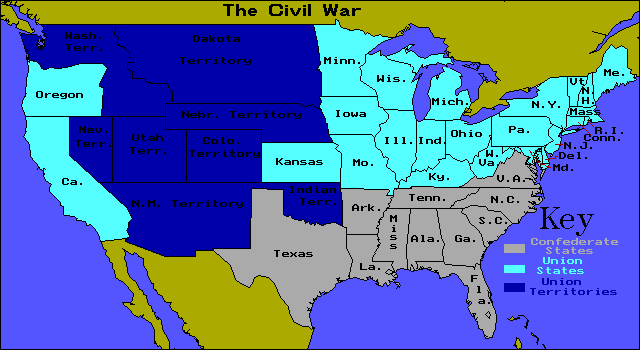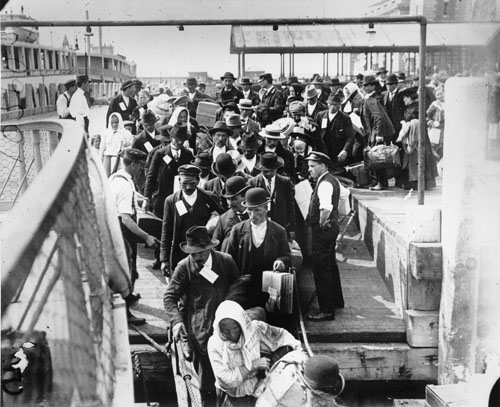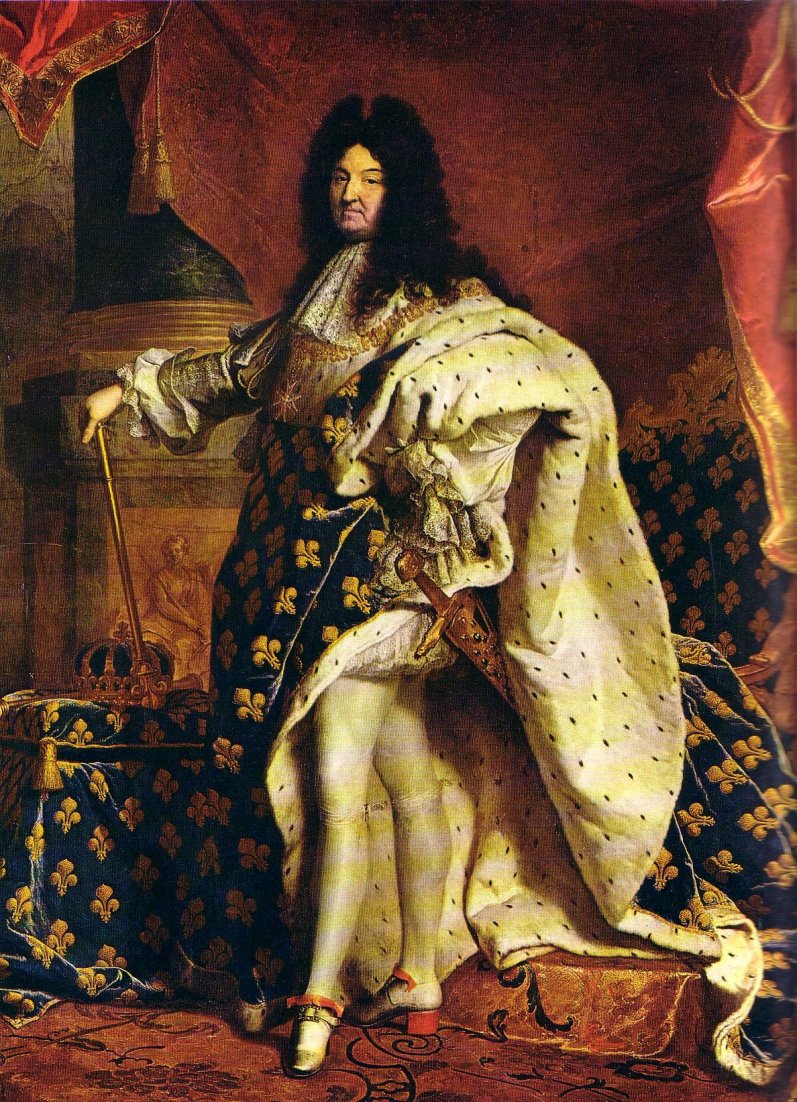
Lesson Plan: US Government
Date:
Objectives: The students will
I. Identify the characteristics of a nation-state;
II. identify a variety of governmental forms;
III. compare how authority is divided in various governments around the world.
Warm Up Activity (Anticipatory Set): Introduction to the Three Levels of Government
A) Post the following examples of governments on the board or overhead. Have students identify them as national, state, or local government.
1) HagerstownB) Discuss why each of those examples should be labeled as such.
2) Maryland
3) Great Britain
4) Washington County
5) The United States
Main Activity (Instructional Input): Vocabulary on Foundations of American Government (from Chapter One, Government In America, Richard Hardy, Houghton Mifflin Co., 1994
A) Display, define, and discuss the following terms:
Vocabulary: Principles of Government
1. Nation-state
2. Sovereignty
3.Citizenship
4.Allegiance
5.Territory
6.Public policy
7. Legitimacy
8. Sovereignty
9. Divine right
10. Social Contract
Section 3
11. Authoritarian
12. Democracy
13.Oligarchy
14.Confederation
15. Unitary Government
16. Federal System
17. Monarchy
18. Constitutional Monarchy
19. Dictatorship
20. Junta
21. Totalitarian
22. Propaganda
23. Direct Democracy
24. Republic
Section 4
25. Civil Liberties
26. Civil Rights
27. Rule of Law
28. Limited Government
29. Majority Rule
2) The Confederate States of America
3) Ellis Island
5) Louis XIV
7) Bill Clinton
Examples (Modeling): Use the textbook to reinforce the examples above. Any US Government text will have photographs or illustrations to clarify each of the concepts. Some additional images to illustrate these concepts might include: Tiananmen Square (authoritarianism), the Bombing of Pearl Harbor (Sovereignty), and a map of the Commonwealth of Independent States (Confederation).
Check For Understanding: Have students locate one or more of the concepts in their textbook independently. Students might also be allowed to use the newspaper or magazines such as Time, USA Today, US News and World Report, CNN or National Geographic. Students might also be allowed to search for images that are related to the concepts above on-line using the web sites of those publications..
Homework (Independent Practice): Thinking About Federalism
Have students list five activities the federal government is responsible
for. Have them list 3 state responsibilities and three responsibilities
of local government. Ask them if there are any responsibilities that any
of the levels share.
Wrap-Up Activity (Closure): What Does It All Mean?
A) Display the Pledge of Allegiance on the overhead or in print. Share the History of the Pledge of Allegiance with the students.
B) Have students discuss its meaning in writing or verbally.
C) Have them write their own pledge to America. have them stress how
America is different or similar than other nations and their governmental
systems.
Evaluation: The lesson will be evaluated by:
I. the accuracy of student's written responses;
II. student's scores on future tests and quizzes.
Image Index:

The Confederate States of America





George Cassutto's Cyberlearning World
[Lesson Plan of the Day] [Cassutto Memorial] [About the Author] [Search] [Civics Lesson Plans]